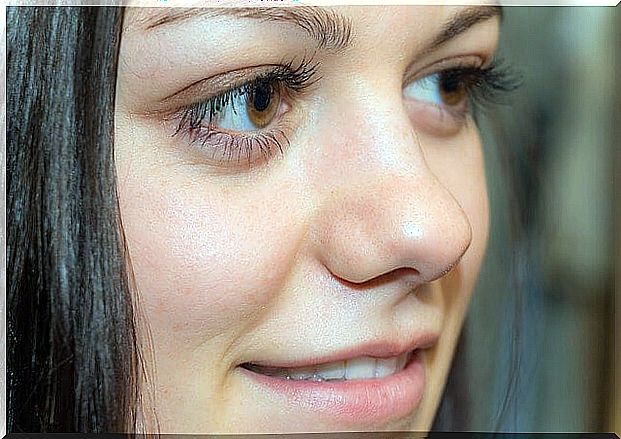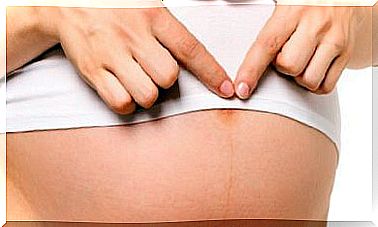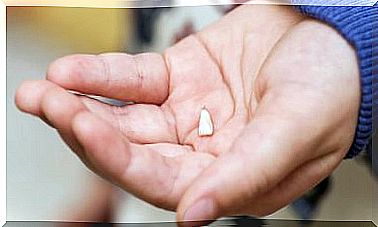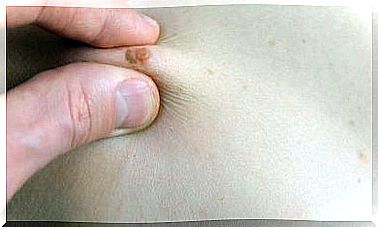Pregnancy And Oral Health
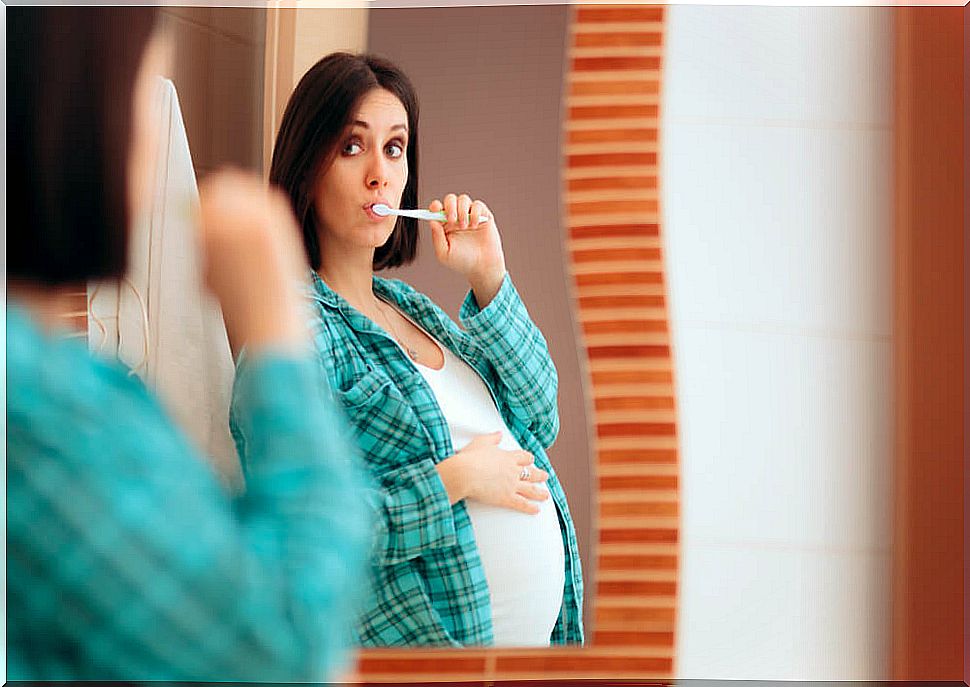
During pregnancy, it is important to take care of oral health, since organic changes occur in the body that can have effects on the oral cavity. These changes can carry an increased risk of tooth decay and gum problems.
For this reason, it is important to monitor oral health and that your midwife refer you to the review with the dentist, included in the portfolio of Social Security services in some communities in Spain.
Children whose mothers have poor oral health and high levels of cavities in saliva are at higher risk for cavities. To take care of this oral health, it is important to maintain proper oral hygiene and a balanced diet.
In Spain, only about 12% of pregnant women go to the dentist. The main reason for this is a lack of health education and the belief that there may be danger to the fetus.
Pregnancy and oral health: cavities
A widespread false myth is that the baby gets calcium from the mother’s teeth, therefore, dental problems occur in pregnancy. The baby gets calcium from the mother’s diet. Another widespread myth is that ‘every pregnancy costs a tooth’.

The increase in cavities in pregnancy is related to carelessness in hygiene that leads to an accumulation of bacterial plaque that attacks the tooth enamel and produces cavities. Although it seems that hygiene does not diminish, eating more times or pecking, usually sugary products, makes the same hygiene routine that you had is not enough.
On some occasions, vomiting associated with pregnancy can also promote tooth decay. After vomiting, the ideal is to first rinse your mouth with water and then brush your teeth.
Gingivitis
Gingivitis is an inflammation and redness of the gums accompanied by pain and a greater tendency to bleed from them. The hormonal changes that occur in pregnancy promote this inflammation of the gums. They usually appear around the second month of pregnancy and improve with delivery.
If you already had this problem before pregnancy, it will probably get worse. The ‘granuloma of pregnancy’ is a lump-shaped lesion that appears on the gum and bleeds very easily. It also usually disappears with childbirth.
Treatment and prevention of oral health during pregnancy
The main thing is prevention, promoting proper hygiene and diet during pregnancy. Through proper hygiene, the colonization of the oral cavity by cariogenic agents will be avoided, among which are, mainly, S. Mutans and S. Sobrinus .
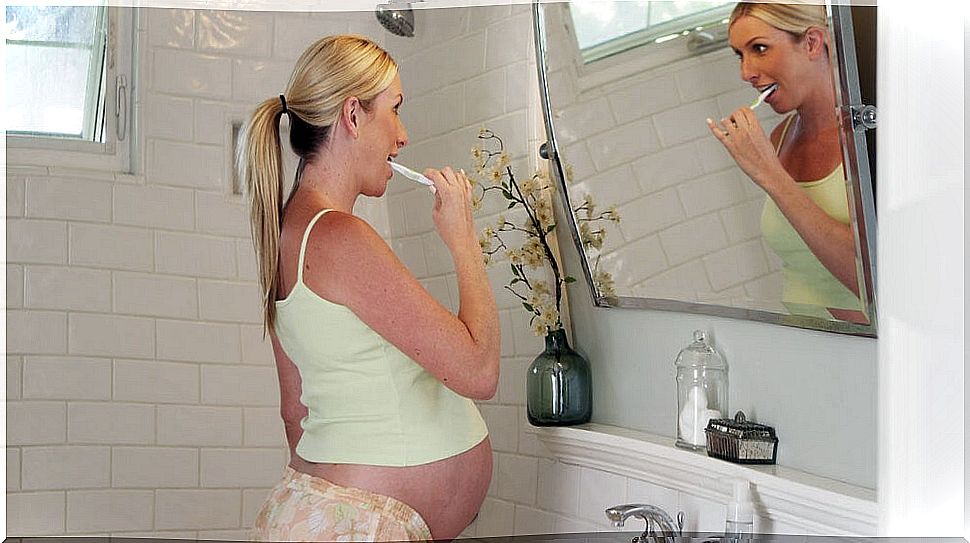
Dental treatments can be performed during pregnancy. Ideally, during the first trimester only treatments that are totally necessary are carried out.
During the second trimester, the ideal period is given to carry out any treatment; there is no problem in using local anesthetics. X-rays of the oral cavity can be done, as long as the abdomen is protected and the amount of radiation is small.
In the last trimester of pregnancy, dental treatments are discouraged due to the fact that lying semi-lying in an armchair for a long time can be annoying. In addition, it compresses the vena cava, hindering venous return and promoting hypotension syndrome, although further away there would be no problem.
The use of nitrous oxide during pregnancy should be carried out under close monitoring and decreasing its concentration, since some studies indicate that the uterine muscles can be stimulated and produce contractions. The latest scientific evidence indicates that it is convenient to use sealants in pregnant women with a high risk of cavities.
Some studies link advanced periodontitis with an increased risk of low-birth-weight babies, preterm birth, and pre-eclampsia.
In conclusion, the most important thing is to take care of oral hygiene and, if necessary, perform the treatments that provide greater benefits than risks for the pregnancy. You can always consult with your midwife and she will inform you and refer you to the dentist, if necessary and is included in the portfolio of services in your autonomous community.
